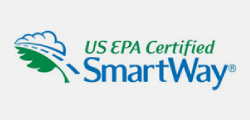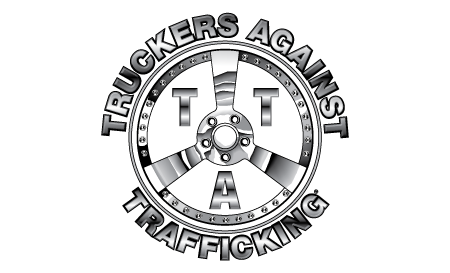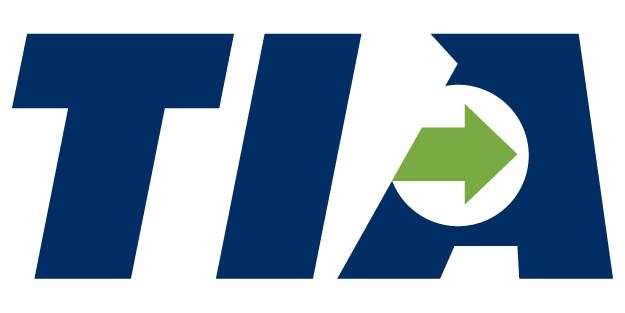TIA Issues COVID-19 Guidance for Shippers, Receivers & Truck Drivers
As you are aware, on March 11, 2020, the World Health Organization (WHO) officially declared the coronavirus disease (COVID-19) a global pandemic. This is the first time the WHO has declared a viral disease a pandemic since the H1N1 “Swine Flu” in 2009.
The implications and ramifications to businesses throughout the United States as a result of COVID-19 have begun to take shape. In preparation for the coming months, TIA has created a reference guide for our members to share with their customers to limit and prevent the likelihood of being exposed to this virus.
The virus is thought to spread mainly from person-to-person, generally between individuals in close contact and proximity to each other (a radius of approximately six feet); it is also believed to spread through respiratory droplets produced when an infected person coughs or sneezes.
Shippers, receivers, and truck drivers that are in personal contact (as they facilitate the movement of freight) need to be aware of – and take – necessary steps in order to minimize and prevent the spread of COVID-19.
This includes, but is not limited to, avoiding personal contact to the extent possible, regularly washing hands with soap and warm water for at least 20 seconds, and sanitizing your facility on a regular basis.
As an industry, we are in this together and, as such, we all need to look out for one another. If you are a shipper or receiver, consider providing truck drivers with a bottle of hand sanitizer or alcohol wipes to keep them healthy (and keep our nation’s freight moving).
The Centers for Disease & Prevention (CDC) also recommends the following steps be taken:
Clean Your Hands Often
- Wash your hands often with soap and water for at least 20 seconds especially after you have been in a public place, or after blowing your nose, coughing, or sneezing.
- If soap and water are not readily available, use a hand sanitizer that contains at least 60% alcohol. Cover all surfaces of your hands and rub them together until they feel dry.
- Avoid touching your eyes, nose, and mouth with unwashed hands.
Avoid Close Contact
- Avoid close contact with people who are sick
- Put distance between yourself and other people if COVID-19 is spreading in your community. This is especially important for people who are at higher risk of getting very sick.
- Stay Home if You’re Sick
- Stay home if you are sick, except to get medical care. Learn what to do if you are sick.
Cover Coughs & Sneezes
- Cover your mouth and nose with a tissue when you cough or sneeze or use the inside of your elbow.
- Throw used tissues in the trash.
- Immediately wash your hands with soap and water for at least 20 seconds.
- If soap and water are not readily available, clean your hands with a hand sanitizer that contains at least 60% alcohol.
Wear a Facemask if You’re Sick
- If you are sick: You should wear a facemask when you are around other people (e.g., sharing a room or vehicle) and before you enter a healthcare provider’s office. If you are not able to wear a facemask (for example, because it causes trouble breathing), then you should do your best to cover your coughs and sneezes, and people who are caring for you should wear a facemask if they enter your room. Learn what to do if you are sick.
- If you are NOT sick: You do not need to wear a facemask unless you are caring for someone who is sick (and they are not able to wear a facemask). Facemasks may be in short supply and they should be saved for caregivers.
Clean & Disinfect
- Clean AND disinfect frequently touched surfaces daily. This includes tables, doorknobs, light switches, countertops, handles, desks, phones, keyboards, toilets, faucets, and sinks.
- If surfaces are dirty, clean them: Use detergent or soap and water prior to disinfection.













